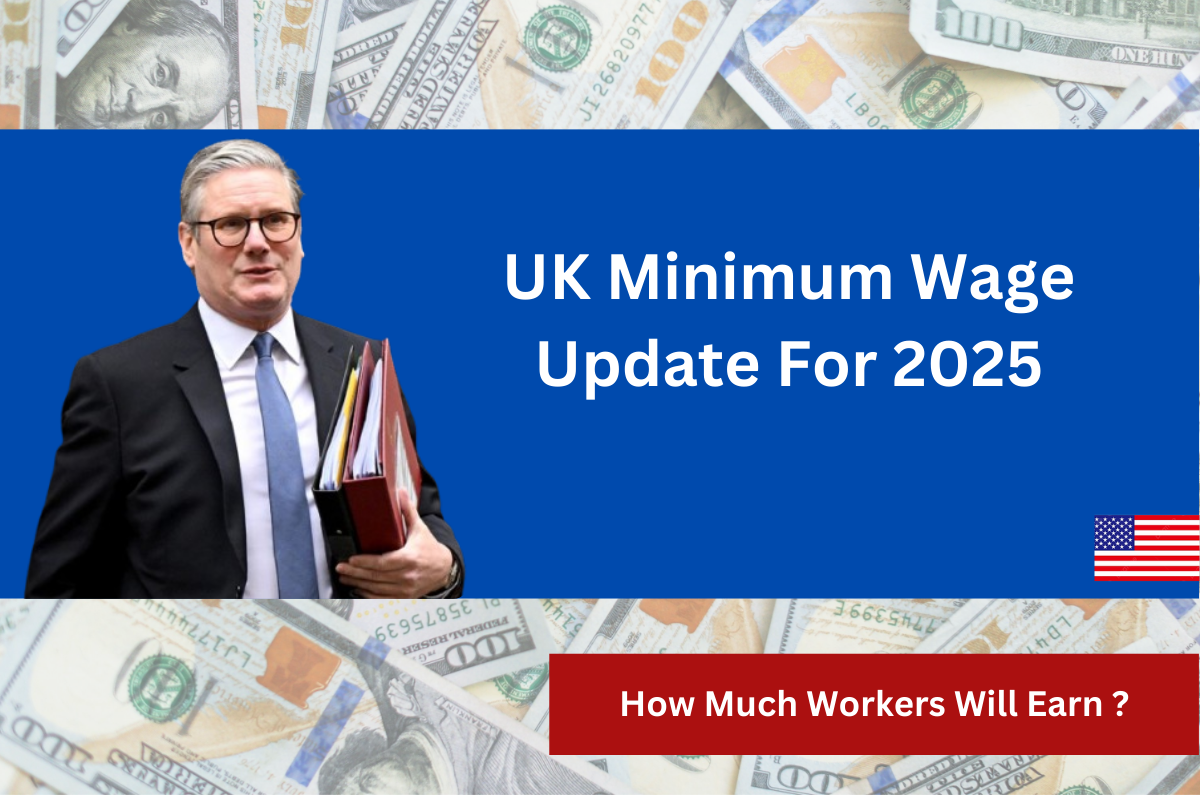Introduction
With the constant evolution of the labor market, understanding the UK minimum wage is crucial for both workers and employers. As 2025 approaches, changes are looming on the horizon. Have you ever wondered just how these adjustments could affect your paycheck? In this article, we’ll break down the 2025 UK minimum wage updates, detailing what you need to know about how much workers will earn and what these changes mean for the future.
What is the Minimum Wage?
Before we dive into the numbers, let’s clarify what minimum wage actually is. Minimum wage is the lowest remuneration that employers are required to pay their workers. It’s a legal threshold designed to ensure that individuals can earn enough to cover a basic standard of living. But why is it so important? Think of it as the safety net that protects workers from being undervalued in the labor market.
Current UK Minimum Wage Rates
As of now, the minimum wage rates vary based on age and whether a worker is an apprentice. For adults aged 23 and over, the current minimum wage stands around £9.50 per hour. However, for younger workers and apprentices, the rate is lower. This tiered system aims to encourage employment among young people while still providing a living wage for adults. But what does that mean for the upcoming changes in 2025?
2025 Minimum Wage Predictions
With new reports and government discussions underway, estimates suggest that the minimum wage will see a substantial increase in 2025. Experts are speculating that the hourly rate for adults could rise to about £10.50 or even more! That’s quite a leap, isn’t it? This increase is significant and may also reflect rising living costs, making it essential for workers to stay informed.
Why the Change?
So, why is the UK Government considering such a significant wage increase? Several factors contribute to this decision: inflation, a competitive job market, and the rising cost of living. Workers need to earn more to maintain their quality of life, and this update could help shield them from economic downturns. Imagine trying to pay your bills while the cost of everything else keeps going up—frustrating, right?
Impact on Workers and Employers
The adjustments in the minimum wage will certainly impact both workers and employers. For workers, this means more money in their pockets—a welcome prospect that could improve their standard of living. On the other hand, for employers, this might lead to difficult conversations about budgets and payroll. Will they be able to sustain their businesses with higher wage demands? The answer may lie in how well they can adapt to these changes.
Comparing to Other Countries
When we look at the minimum wages in other countries, the UK’s rates remain competitive. For instance, some nations in Europe have already established higher minimum wages, which puts pressure on the UK to adjust its rates. Keeping up with global standards isn’t just a matter of pride; it’s crucial for retaining a skilled workforce that can contribute to the economy.
Conclusion
As we near 2025, the UK minimum wage updates are on the brink of reshaping the landscape for both workers and employers. Understanding these changes is key for anyone navigating the job market or running a business. Will the changes lead to a fairer wage system? Only time will tell, but with the right information, you can be prepared for what’s ahead. Stay updated, stay informed, and aim to advocate for fair pay in your sector!
FAQs
1. What is the minimum wage for the UK in 2025?
While specific numbers are not finalized, predictions suggest that the minimum wage for adults could rise to around £10.50 per hour in 2025.
2. How often does the minimum wage change in the UK?
The UK government typically reviews and updates the minimum wage rates annually, usually in April.
3. Does the minimum wage differ for young people?
Yes, the minimum wage is tiered based on age. Younger workers and apprentices receive a lower rate than those aged 23 and over.
4. Why is the minimum wage important?
Minimum wage serves as a legal baseline for worker compensation, helping to ensure a basic quality of life for employees and reduce poverty levels.
5. How can I stay updated on minimum wage changes?
You can stay informed by following government announcements, subscribing to labor rights news, or visiting official websites that provide updates on wage changes.

